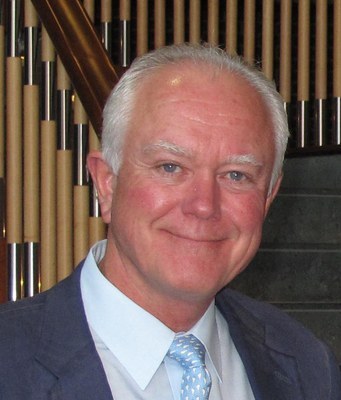The center, established 20 years ago and led by Fulton Crews, PhD, Distinguished Professor in Pharmacology, will receive more than $8.7 million over five years to continue research on the effects of alcohol on the brain. Other pharmacology faculty who are PIs on the the grant are Clyde Hodge, PhD, Zoe McElligott, PhD, Tom Kash, PhD, Melissa Herman, PhD and Leslie Morrow, PhD.

The Bowles Center for Alcohol Studies at UNC-Chapel Hill received word this Thanksgiving that its NIH-supported Alcohol Research Center will be funded for a fifth five-year cycle thanks to a grant totaling more than $8.7 million from the National Institute of Alcohol Abuse and Alcoholism (NIAAA).
Fulton Crews, PhD, Bowles Center director and the John R. Andrews Distinguished Professor of Pharmacology and Psychiatry in the UNC School of Medicine, is the principal investigator. He will lead a collaborative team of UNC scientists throughout the UNC School of Medicine and the UNC College of Arts and Sciences dedicated to understanding the molecular underpinnings and the brain circuitry involved in alcohol addiction to develop treatment protocols and therapies.
The grant will support five research components, each led by members of the Bowles Center for Alcohol Studies, which was established at UNC in 1970.
In the first component, researchers led by Clyde Hodge, PhD, professor of psychiatry, and Zoe McElligott, PhD, assistant professor of psychiatry, will investigate new molecular targets important for binge drinking, especially a protein called AMPA receptor – a brain cell receptor that’s part of the brain’s reward pathway.
In the second component, researchers led by Joyce Besheer, PhD, associate professor of psychiatry, and Crews will investigate brain circuitry and the cellular mechanisms – specifically toll-like receptor 3 involved in neuroimmune function – vital for the development of alcohol use disorders.
The third component, led by Charlotte Boettiger, PhD, associate professor of psychology and neuroscience in the UNC College of Arts and Sciences, and Donita Robinson, PhD, associate professor of psychiatry, will focus on the persistent effects of adolescent binge drinking. This component is intentionally translational, studying both humans and rodents to identify how alcohol alters behavioral flexibility and underlying brain circuits.
Researchers focusing on the fourth component, led by Leslie Morrow, PhD, associate director of the Bowles Center and professor of psychiatry and pharmacology, and Melissa Herman, PhD, assistant professor of pharmacology, will delineate molecular and cellular mechanisms of ethanol dependence in the medial prefrontal cortex (mPFC) and microcircuits in the amygdala, as well as neuron projections from the mPFC to amygdalar subregions. Ideally, this work could lead to specific molecular targets for reversal of ethanol dependence.
The fifth component, led by Thomas Kash, PhD, the John R. Andrews Distinguished Professor of Pharmacology, and Montserrat Navarro, PhD, associate research professor of psychology and neuroscience, will focus on the kappa opioid receptor (KOR) as a promising target for treatment of excessive alcohol consumption. They will also investigate the dysregulation of dynorphin – the naturally occurring brain chemical that binds to KOR – as a driver of increased ethanol consumption.
